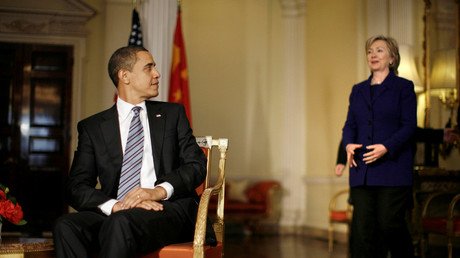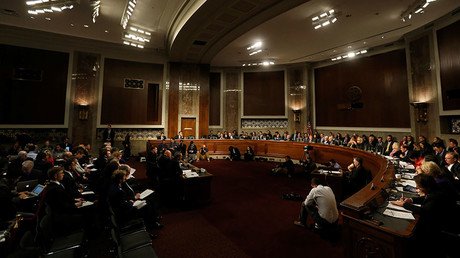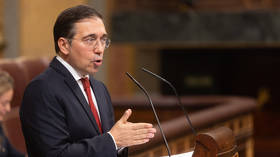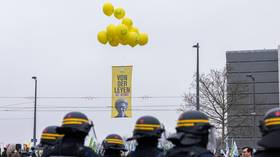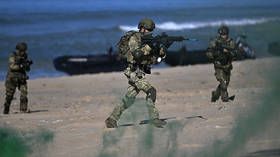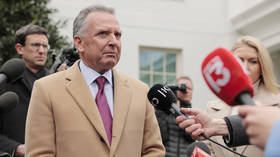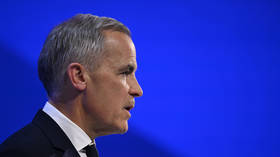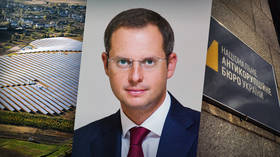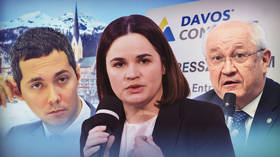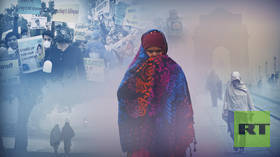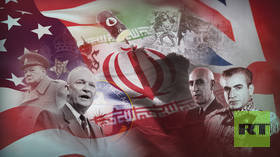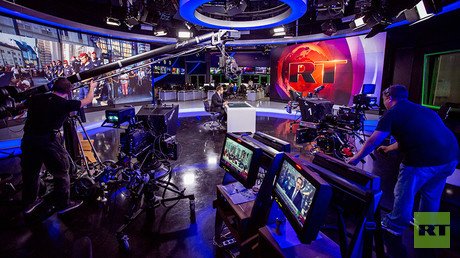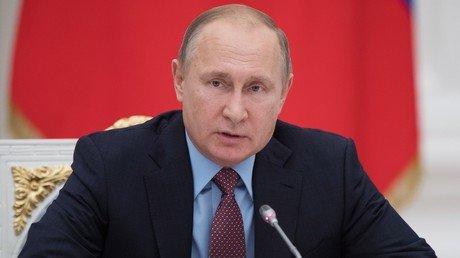RT under fire because it ‘gives a voice to critics of US system while MSM parrot govt line’
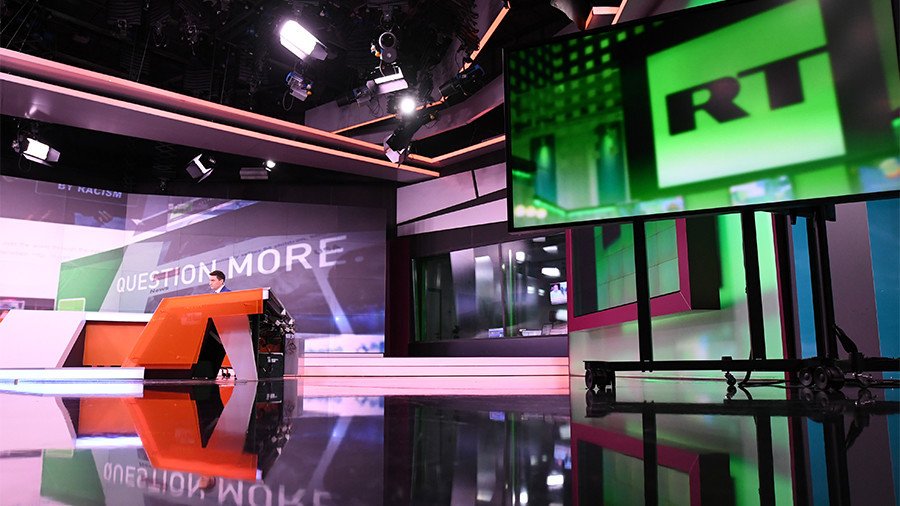
In the aftermath of the CBS interview with our Editor-in-Chief Margarita Simonyan, RT asked several analysts to give their views about why the news network is so feared – and vilified – in the US.
After CBS aired its interview with Editor-in-Chief Simonyan in early January, social media users took opposing sides over whether they like RT or not, but many agreed that CBS was pushing a mainstream media agenda claiming “Russian meddling.” RT asked several analysts to make their points about the interview, which was produced in the form of a televised report selectively featuring Simonyan’s answers.
Political commentator John Bosnitch said RT has given a voice to “the critics of the US system,” and those critics come from the US itself, including people opposing the US establishment, its foreign interventions and “the deep state” since at least the 1950s.
The US is not used to hearing more than one official narrative, the analyst argued, adding “the White House, the Congress and the arms of the government, and the deep state, the police and intelligence services, define the [media] narrative.”
According to Bosnitch, top political brass and business captains hold private meetings with the media outlet owners or editors, “telling them, ‘here’s the line’.”
If journalists working for the US media – who Bosnitch called “a cheering team for the US military industrial complex” – want to stay on air, they have to “parrot the line.” After that point, it does not matter what the journalists themselves make of the news they are covering, or what they have researched on their own, he said.
Adam Garrie, independent political commentator, offered a more emotive comment on CBS, saying the “disgraced mainstream media” were trying “to put the burden of proof on RT to defend itself, where RT has done everything to the books.”
He said RT was doing what any other media outlet should do, namely covering news and providing differing opinions – a basic right embraced by America’s First Amendment which is “hiding under the layer of dust” in the same way the UN Charter “has been buried under the river of blood shed by the US and their allies.”
If Simonyan told her life story at a Golden Globe awards ceremony, “people would’ve applauded it,” Garrie said. “But because it is Russia and because it is RT, she is vilified.”
While repeatedly bashing RT and other Russian media outlets over their alleged involvement in an “information war,” the US studiously avoids mentioning its own engagement in information warfare, said author and journalist Max Blumenthal, who is the Senior Editor of AlterNet’s Grayzone Project.
Representative Jackie Speier from California has called for RT to be banned, Blumenthal pointed out, adding: "What we’ve seen is an attack on press freedom in the US. And ‘60 Minutes’ was part and parcel of that attack by siding with really what should be a discredited intelligence report … and roundup producing high-school level content analysis of RT from two years ago, focusing on shows that aren’t even on the network anymore.”
Stahl repeatedly asked Simonyan about Russia and RT allegedly “supporting” Donald Trump during his election campaign and about other instances of suspected interference in US internal affairs though her references to the “US intelligence reports” were reduced to the controversial report by the Office of the Director of National Intelligence (ODNI) dating back to January 2017. Riddled with factual inaccuracies and not providing any hard evidence, the ODNI report featured a quite hollow seven-page annex devoted to RT.
Commenting on the ‘Russian meddling’ allegations, Martin McCauley, a British historian and Russia researcher at the University College of London (UCL), said the Americans “do love conspiracy theories,” particularly in cases when “something is going wrong in America.”
So, the media are feeding on them, he told RT, because “that attracts viewers, and if you attract viewers, you get more revenue from advertising.”
